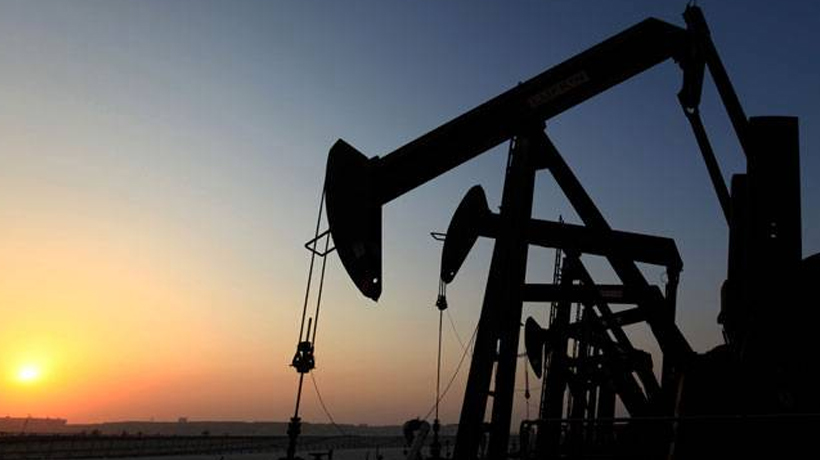Trending Now
- 830 voters names go missing in Kavundampalayam constituency
- If BJP comes to power we shall consider bringing back electoral bonds: Nirmala Sitaraman
- Monitoring at check posts between Kerala and TN intensified as bird flu gets virulent in Kerala
Business
Why crude prices fell from four-year high to nearly $65 per barrel in just six weeks
![]() November 14, 2018
November 14, 2018
In a blessing for the Indian economy, brent crude oil prices fell to $65.02 per barrel today easing concerns over expanding current account deficit and inflation which have a bearing on the rupee and stock market sentiment. Brent crude has fallen nearly 25% from its four-year high of $86.74 early in October when the markets braced for US sanctions on Iran. The sanctions which came into effect on November 5 and targeted Iran’s oil and gas sector aimed at a complete halt to export of oil to nations such as India and China which received nearly half of Iran’s crude oil and condensate exports in the first half of 2018.
Oil prices were seen climbing to $100 per barrel when sanctions on Iran’s oil and gas sector came into effect. But prices have reversed direction during the last 12 straight days.
Here’s look at why oil prices have gone South despite US sanctions on Iran.
Increasing oil production
Organization of the Petroleum Exporting Countries (OPEC) and Russia continued to raise their crude production in October anticipating shortage of supplies due to US sanctions on Iran. Crude output from OPEC members rose by 127,000 barrels a day in October, to average 32.9 million barrels a day, the group said in its monthly report.
OPEC ally Russia too posted a 50,000 barrels-a-day rise in oil output last month, to average 11.6 million barrels a day. Other oil producers such as nations such as UAE and Saudi Arabia also contributed to an incarase in world oil output.
However, output in OPEC’s third largest member Iran fell 156,000 barrels a day in October to 3.296 million barrels a day, the report said.
The increased supply in oil prevented the prices going North and instead led to a fall in prices of both WTI and brent crude prices.
In fact, US WTI crude saw its longest losing streak in three decades falling 27% from its October 3 high of $76.41 per barrel.
Donald Trump’s pressure on oil producers
Oil prices extended losses after US President Trump tweeted on Monday that “hopefully Saudi Arabia and OPEC won’t be cutting oil production. Oil prices should be much lower based on supply!”
That led to a sharp price drop on Monday and the sell-off continued into Tuesday. “This tweet certainly did not help prices,” ING commodities strategist Warren Patterson told Reuters.
Trump’s tweet followed weekend reports that Saudi Arabia was considering a production cut at the December OPEC meeting, on increased alarm that supply has started to outpace consumption.
“OPEC and Russia are under pressure to reduce current production levels, which is a decision that we expect to be taken at the next OPEC meeting on December 6,” Jon Andersson, head of commodities at Vontobel Asset Management told Reuters.
Such a stance, however, has caused friction with US President Donald Trump, who supports low oil prices and has called on OPEC not to cut production.
Temporary waiver to eight nations
Eyeing a possibility of sudden rise in global oil prices, the US in the beginning of November agreed to temporarily allow eight countries to continue buying Iranian oil after it reimposes crippling sanctions on Tehran on November 5.
US secretary of state Mike Pompeo while announcing the temporary waivers said countries like India, if it gets the exemption, would be asked to bring down their oil imports from Iran to zero in six months’ time.
In May, Trump pulled the US out of the 2015 landmark Joint Comprehensive Plan of Action (JCPOA) terming it as disastrous”.
Under the Obama-era deal, involving five permanent members of the UN Security Council and Germany, Iran agreed to stop its nuclear programme in exchange for relief from economic sanctions.
After the US’ withdrawal from the deal, Trump signed fresh sanctions against Iran and warned countries against any cooperation with Tehran over its controversial nuclear weapons programme.
























